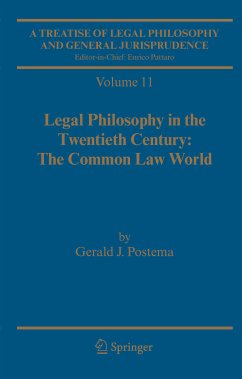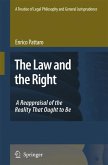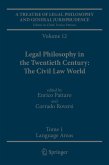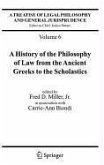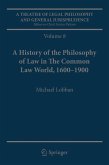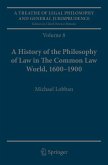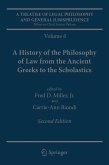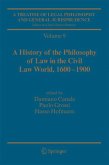Dieser Download kann aus rechtlichen Gründen nur mit Rechnungsadresse in A, B, BG, CY, CZ, D, DK, EW, E, FIN, F, GR, HR, H, IRL, I, LT, L, LR, M, NL, PL, P, R, S, SLO, SK ausgeliefert werden.
"A book for sophisticated students of legal theory where one learns more and better what the best 20th century jurisprudential works contained and what they should have said or failed in saying. ... Legal Philosophy in the Twentieth Century: The Common Law World is a brilliant book and, for the rest of us incapable of achieving anything like this ... it is simply breathtaking." (Richard Bronaugh, Canadian Journal of Law and Jurisprudence, Vol. 27 (2), July, 2014)
"The volume is a magisterial achievement, and should serve as a valuable resource for specialists and non-specialists alike for years to come. ... the chapters are helpfully written as mostly self-standing expositions of a manageable number of theorists and arguments; the result is that the chapters and subsections are useful essays in their own right, for both research and pedagogical purposes." (Michael Sevel, Notre Dame Philosophical Reviews, ndpr.nd.edu, April, 2015)
"A book for sophisticated students of legal theory where one learns more and better what the best 20th century jurisprudential works contained and what they should have said or failed insaying. ... Legal Philosophy in the Twentieth Century: The Common Law World is a brilliant book and, for the rest of us incapable of achieving anything like this ... it is simply breathtaking." (Richard Bronaugh, Canadian Journal of Law and Jurisprudence, Vol. 27 (2), July, 2014)

